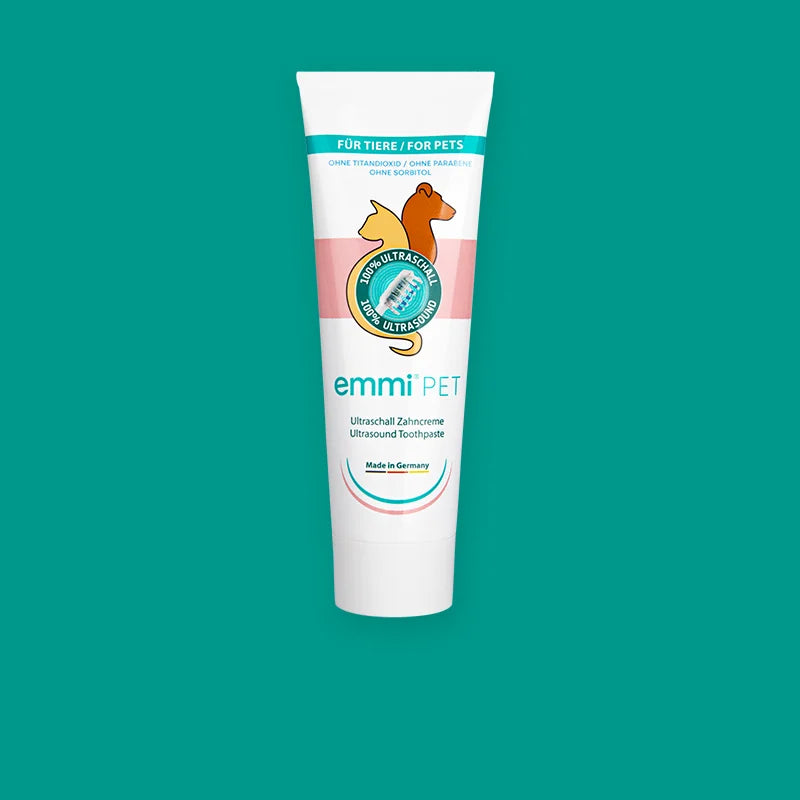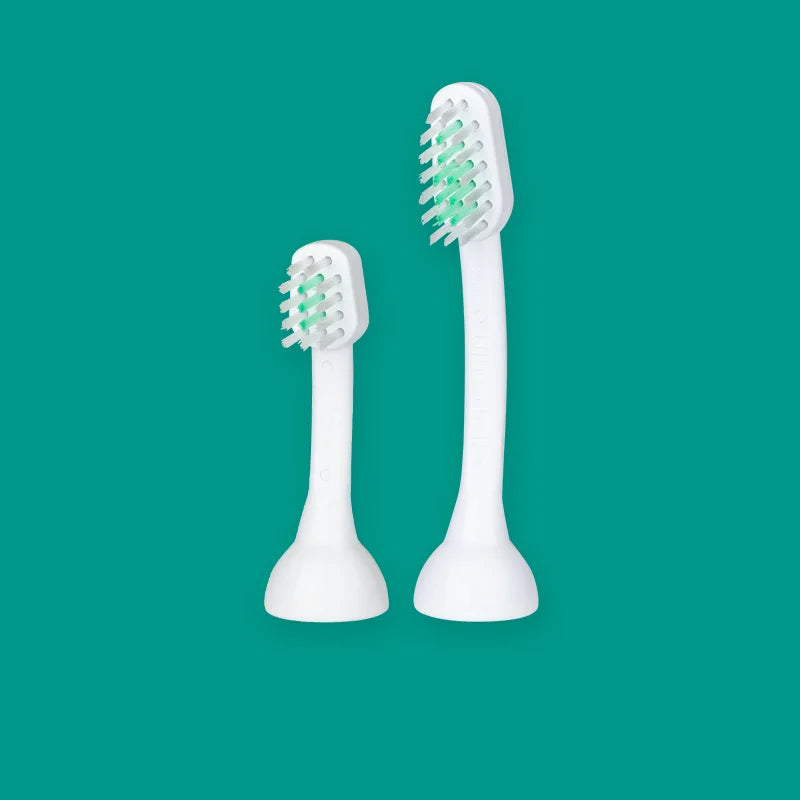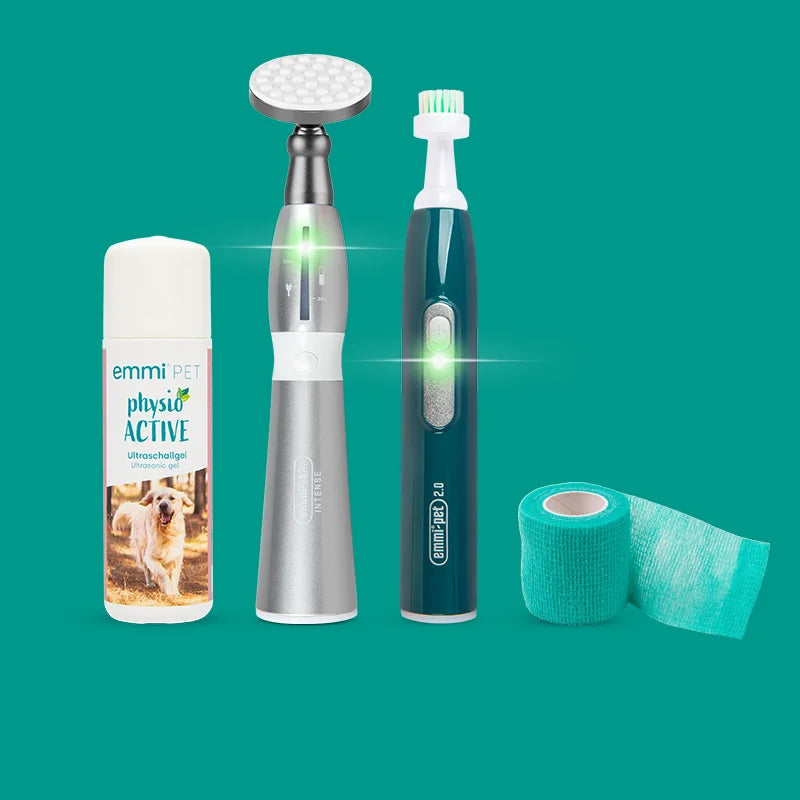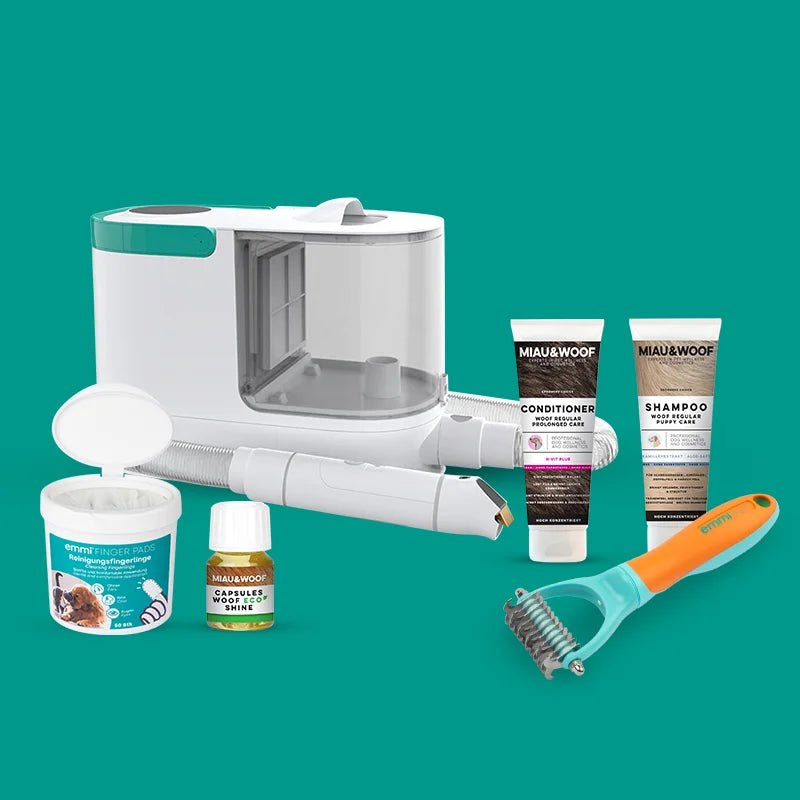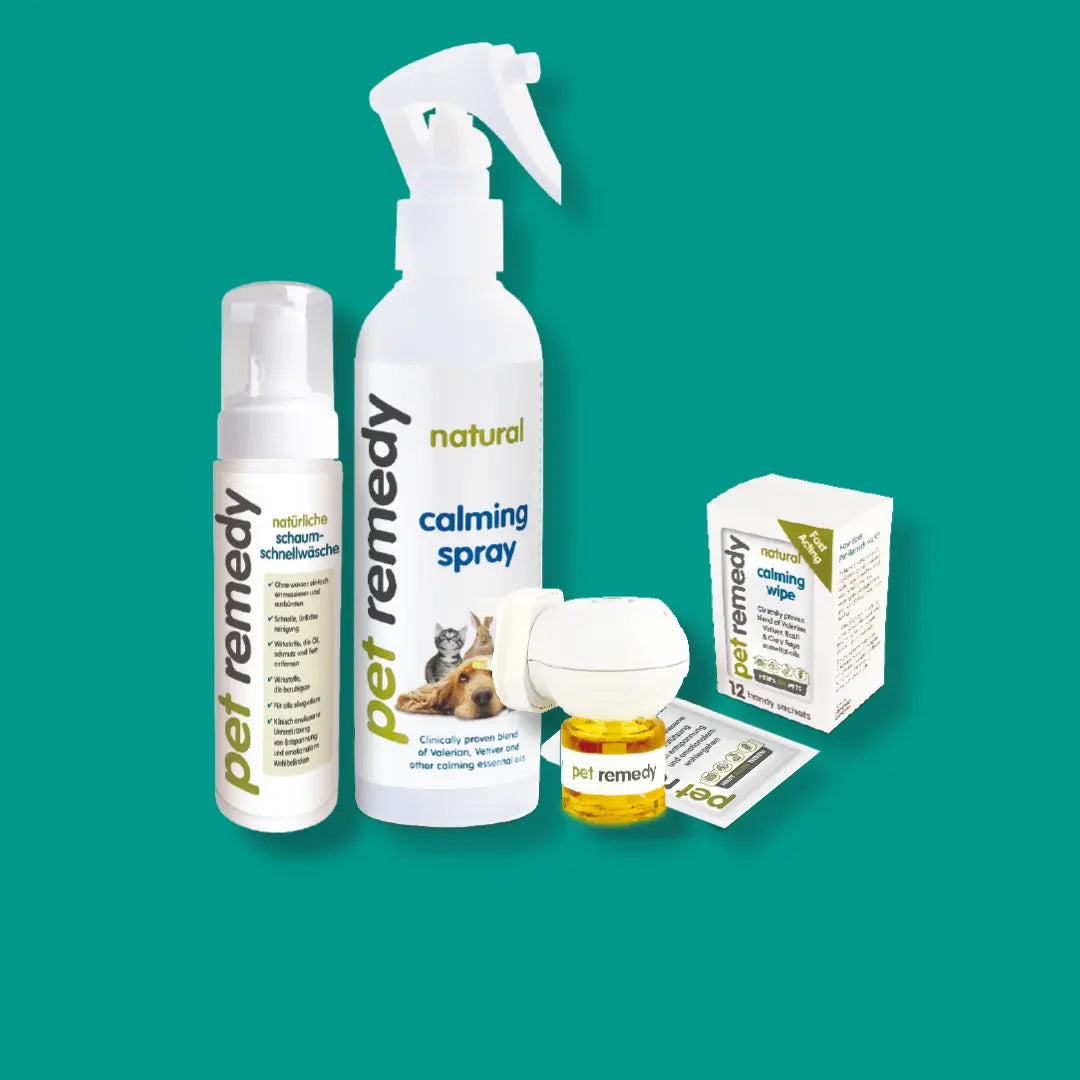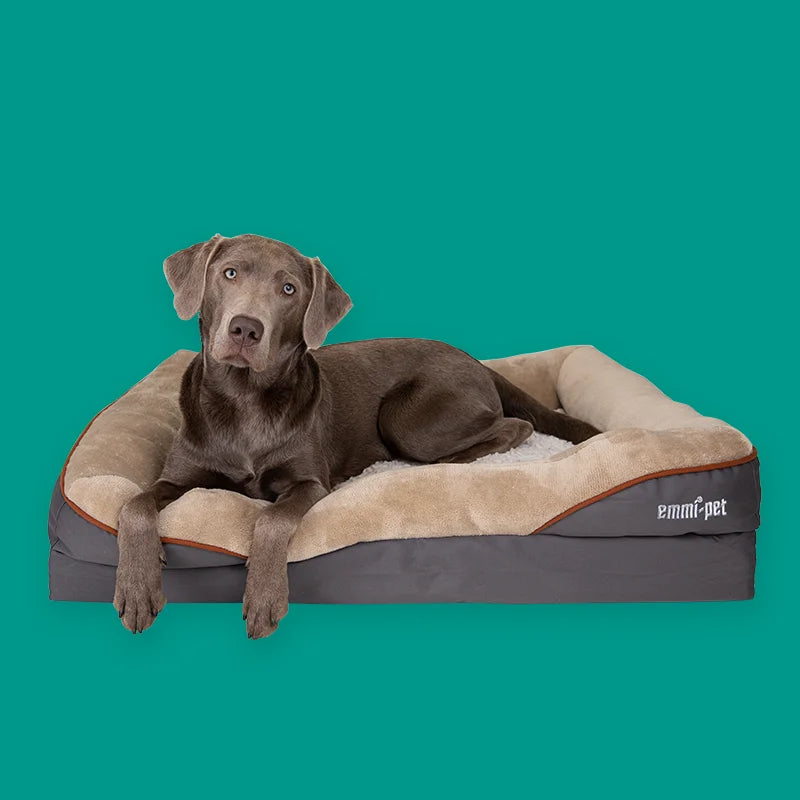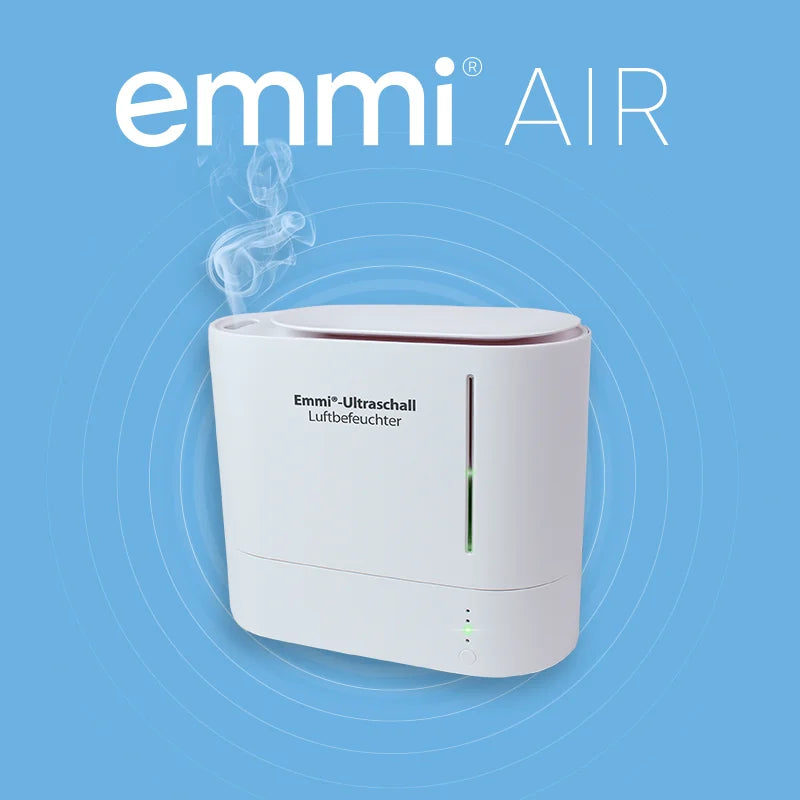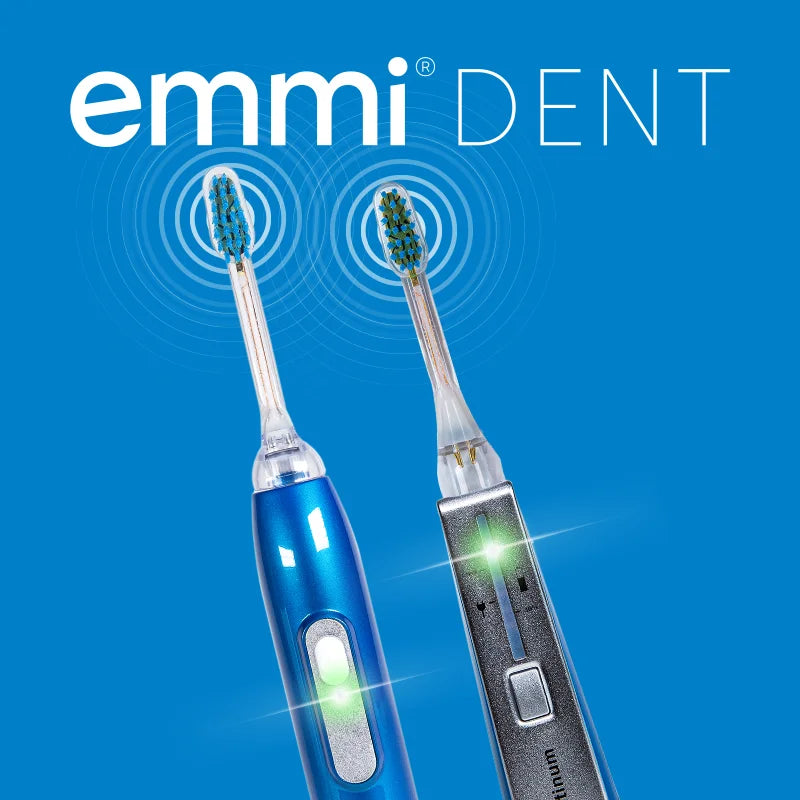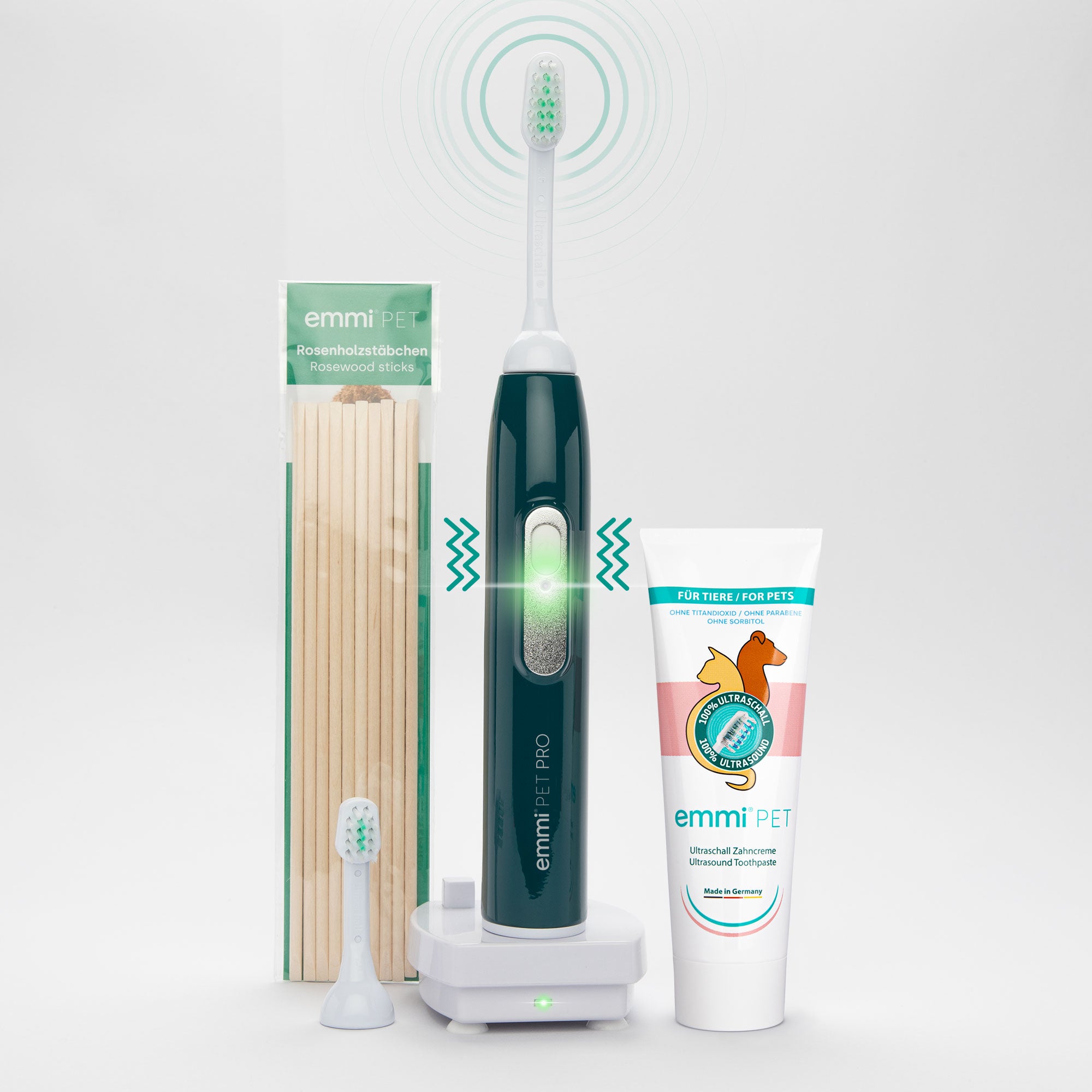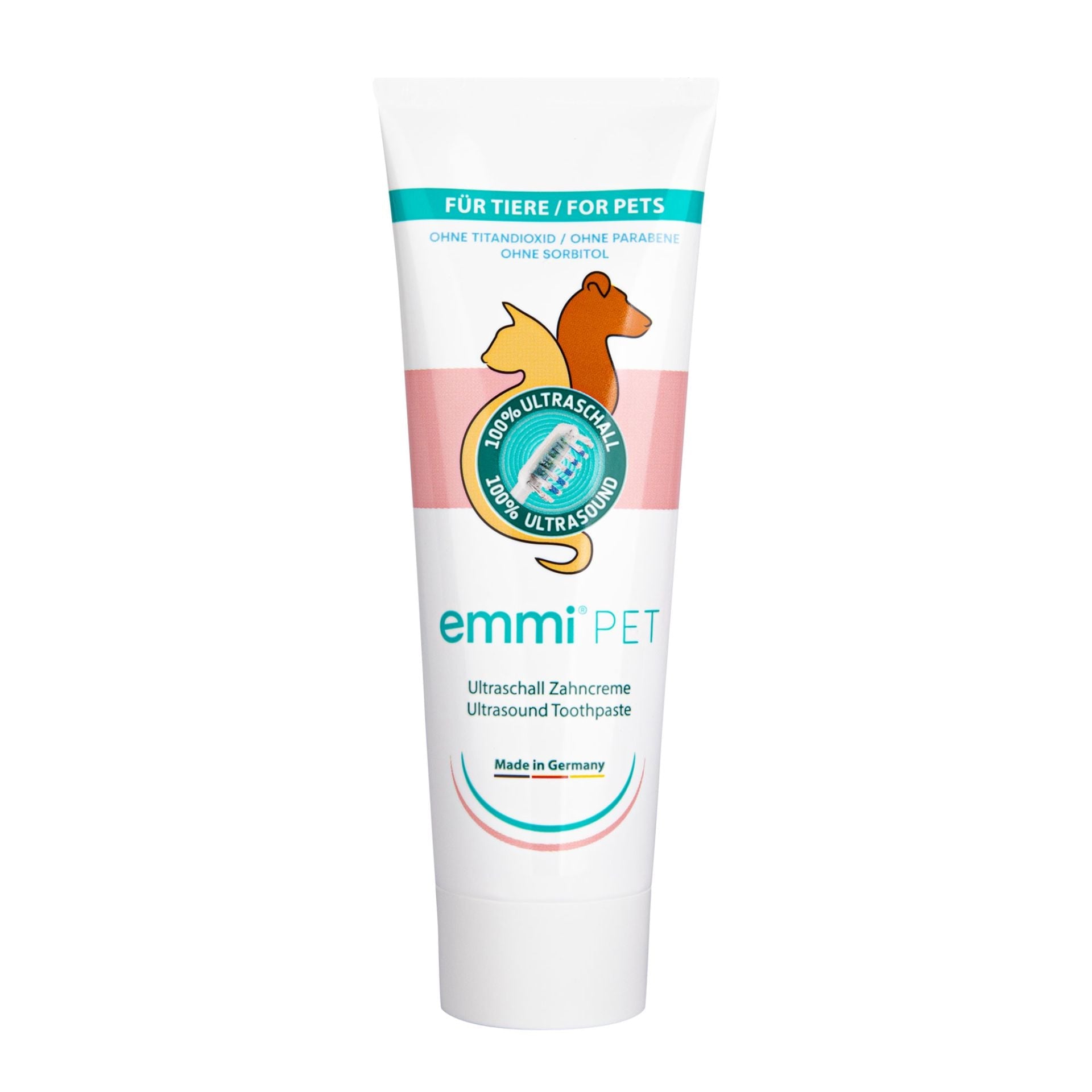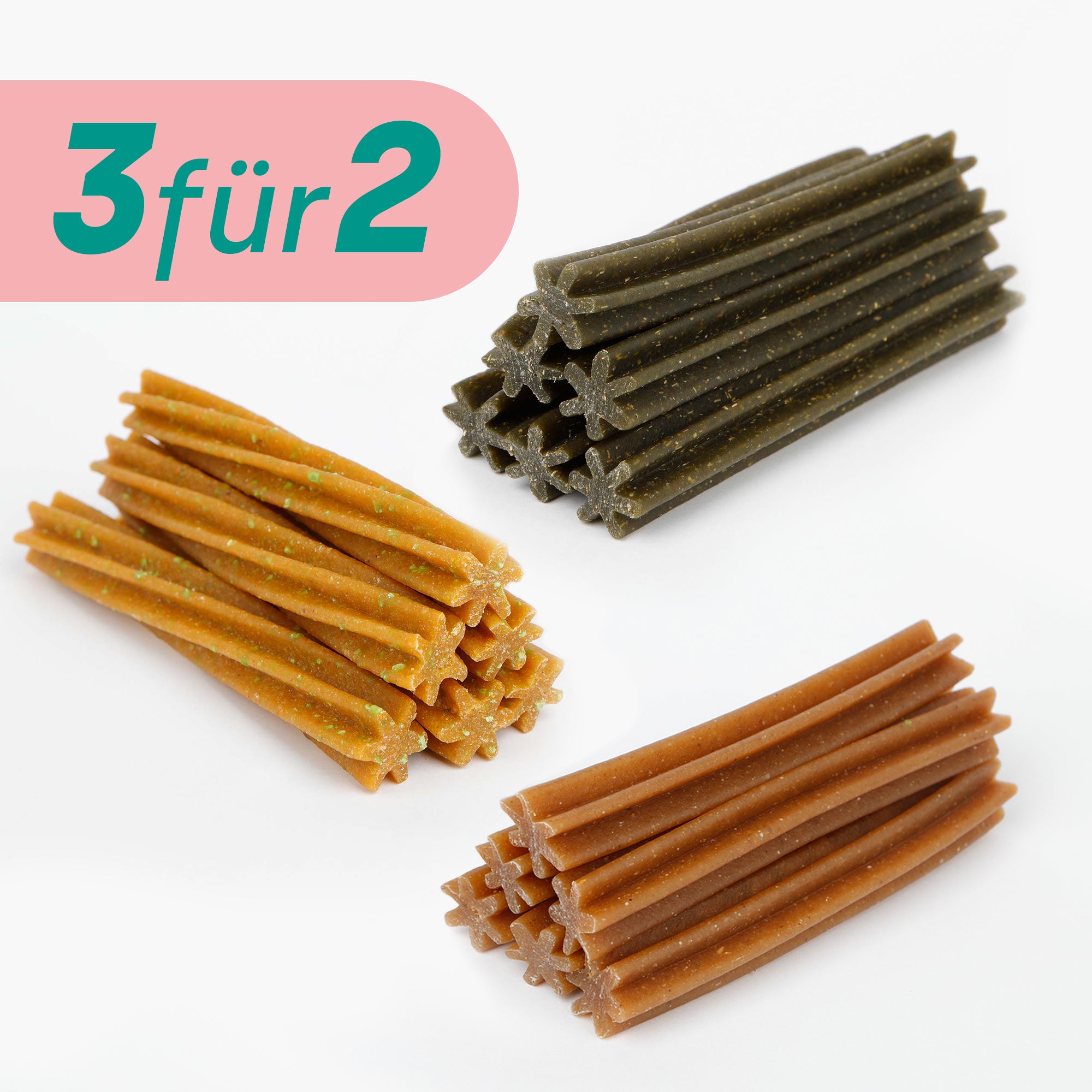If your dog has inflamed gums, you should act quickly. Depending on the severity, more intensive treatment by a veterinarian may be necessary. Learn here how to recognize inflamed gums in your dog and the best way to treat them.
Inflamed gums in dogs – the symptoms
Does your dog rub his nose frequently, avoid being touched on his head, chew very carefully, or even completely refuse to eat his favorite food? Does his mouth also have an unpleasant odor? These could all be signs of inflamed gums in your dog. You should immediately check his teeth and mouth for signs of inflammation. Don't wait too long, because a purulent infection can quickly turn into a feverish attack that weakens the entire dog.
Inflamed gums in dogs – how to recognize it
If you notice redness or swelling in your pet's gums, or perhaps even visible tooth necks due to receding gums, your dog is suffering from inflamed gums. Don't hesitate: Take your four-legged friend to the vet immediately.
Inflamed gums in dogs – treatment
Unfortunately, gingivitis must be treated by a veterinarian. Only they can determine how advanced the inflammation has become. Antibiotics may be required, or loose teeth may need to be extracted. The vet will also check whether the jawbone has been affected. However, a thorough scaling and a saline mouth rinse with chlorhexidine may be sufficient to disinfect your dog's inflamed gums. Unfortunately, this usually requires light or even general anesthesia.
Inflamed gums in dogs – what can you do?
After your dog has been treated by a veterinarian, you can use a few remedies to promote healing of your dog's inflamed gums and relieve pain. Serve your pet warm and, above all, soft meals. Sage and thyme reduce swelling and help soothe inflammation.
The most important thing, however, is prevention! Because the best way to prevent it from getting to the point where your dog develops inflamed gums is to do this in the first place. The best way to do this is to maintain good dental hygiene for your furry companion. Daily teeth cleaning is particularly easy and, above all, painless with the emmi®-pet ultrasonic toothbrush and the accompanying toothpaste. Without any noise and without unpleasant scratching or scrubbing of the teeth, you can regularly care for your dog's teeth and thus contribute to your pet's health. This effectively prevents your dog from ever having to experience inflamed gums.
Want to know how to easily get your dog used to a new dental routine? Learn more here!
Also, sign up for our newsletter now. This way, you won't miss any news and will always be up to date on how to best keep your dog's teeth healthy.

